 Actress Huong “Junie” Hoang lost her lawsuit against (amazon-owned) internet giant IMDb yesterday. She sued IMDb after they published her ‘real’ age – claiming that she lost out on potential acting jobs as a result. The information surrounding the case is a little fuzzy, The Guardian reports that she had deliberately failed to disclose the information when originally creating her IMDb Pro account, whereas The Sydney Morning Herald claims that she falsified the original information.
Actress Huong “Junie” Hoang lost her lawsuit against (amazon-owned) internet giant IMDb yesterday. She sued IMDb after they published her ‘real’ age – claiming that she lost out on potential acting jobs as a result. The information surrounding the case is a little fuzzy, The Guardian reports that she had deliberately failed to disclose the information when originally creating her IMDb Pro account, whereas The Sydney Morning Herald claims that she falsified the original information.
I agree with the decision in this case. IMDb offers a service – representing accurate information on a professional’s career – for both the casual, interested user, as well as supporting a huge number of agents. But the question of ageism in Hollywood is a legitimate one. We are all vaguely aware of the issue, but what does it really mean?
For instance, are Hollywood agents/directors/etc really ageist or are the roles available generally only for younger people? And does this say something about what consumers want to see, or is it about what studios think the consumers want to see?
I have always felt there is a big gap between young actors and older actors… this weird middle space where they suddenly become too old to play the young protagonists, but too young to be the interesting older characters. Obviously there are some actors that manage to get around this issue, mainly the big blockbuster stars (some we wish would just go away and stop spoiling films that could otherwise be interesting – yeah, I’m talking about you Tom Cruise).
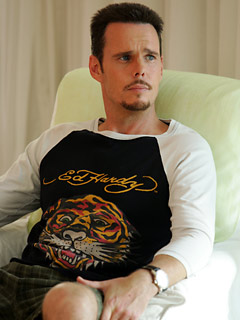 I always remember a great episode of Entourage when Johnny ‘Drama’ is at a loss to why he isn’t getting as many acting jobs as he thinks he should. His agent begs him to update his headshot, as the one he has to send to casting agents is around 20 years out of date. I thought this highlighted the issue brilliantly. The actor was trying to hang on to his youth as much as possible, after all, casting agents want young actors, right? But in the end, he wasn’t able to get roles his age would have been more appropriate for. I’m not sure how accurate this idea is. The Screen Actor’s Guild reportedly issued a statement referring to Miss Hoang’s case, stating that ‘What matters is the age range that an actor can portray.’
I always remember a great episode of Entourage when Johnny ‘Drama’ is at a loss to why he isn’t getting as many acting jobs as he thinks he should. His agent begs him to update his headshot, as the one he has to send to casting agents is around 20 years out of date. I thought this highlighted the issue brilliantly. The actor was trying to hang on to his youth as much as possible, after all, casting agents want young actors, right? But in the end, he wasn’t able to get roles his age would have been more appropriate for. I’m not sure how accurate this idea is. The Screen Actor’s Guild reportedly issued a statement referring to Miss Hoang’s case, stating that ‘What matters is the age range that an actor can portray.’
Sometimes, I think, roles should require actors of a certain age. Back in the day (and yes, I admit I still re-watch it and own the complete box set), I used to love Dawson’s Creek. But it always bothered me that the actors playing high school kids were not the right age. James Van Der Beek was 22 when the show began, meanwhile Andy (Meredith Monroe), who joined the show in its second season, was 31.
Charisma Carpenter was 26 when she began portraying high schooler Cordelia Chase in Buffy the Vampire Slayer, while Sarah Michelle Gellar was more appropriately (although this still not ideally), 19. This may not have been so much of an issue at the beginning of the series, but by the third season, it becomes increasingly apparent that Charisma is much older than the rest of the cast (no disrespect to Charisma, I love her and think she is an incredibly sexy, beautiful woman).
I do think there is a problem with ageism in Hollywood, but I don’t think it is an issue that is simple to fix, or even to get to the heart of. Perhaps as consumers we need to make our voices heard: that as long as the actor fits the role, we don’t mind how old they are – and even that we would like to see more roles available for older actors. While a lot of consumers are in the younger bracket, we don’t just want to see that age bracket represented in our tv and films.
 Pop Verse Pop Culture Universe
Pop Verse Pop Culture Universe
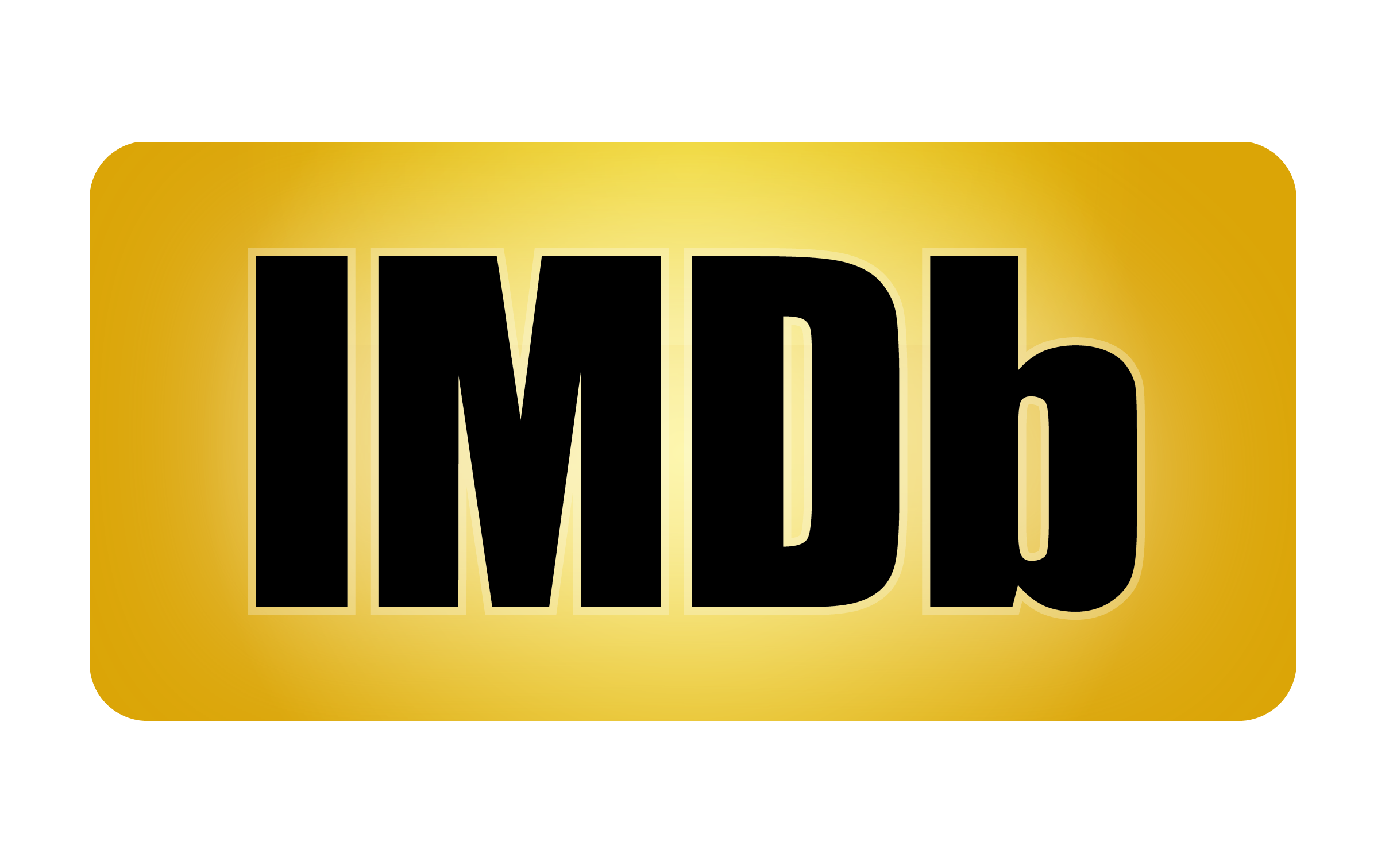
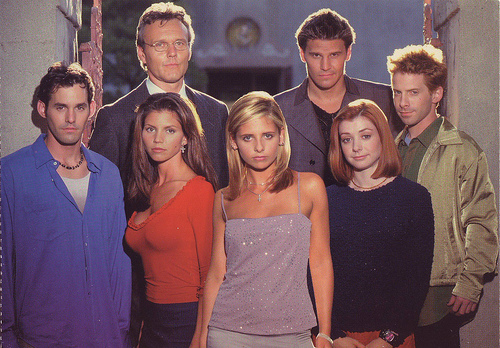

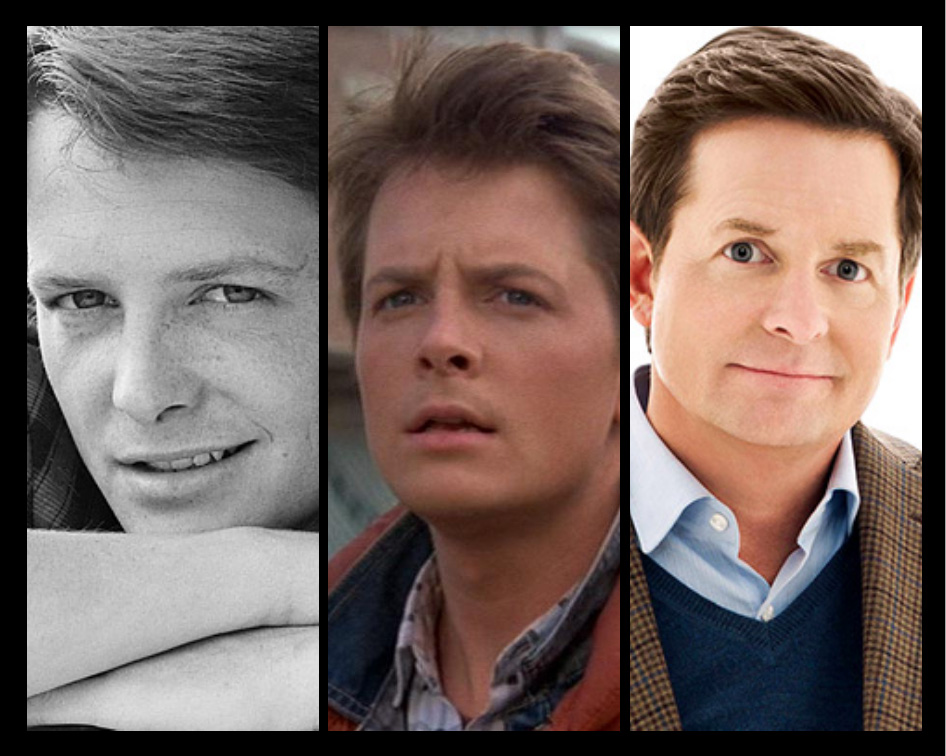

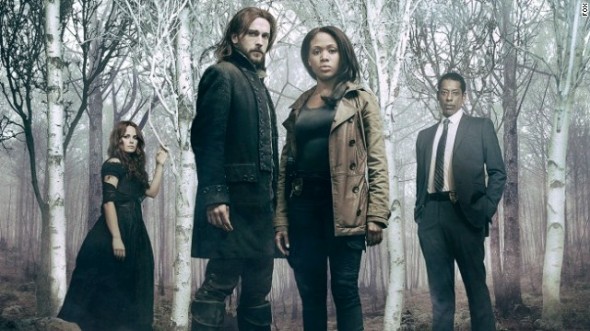
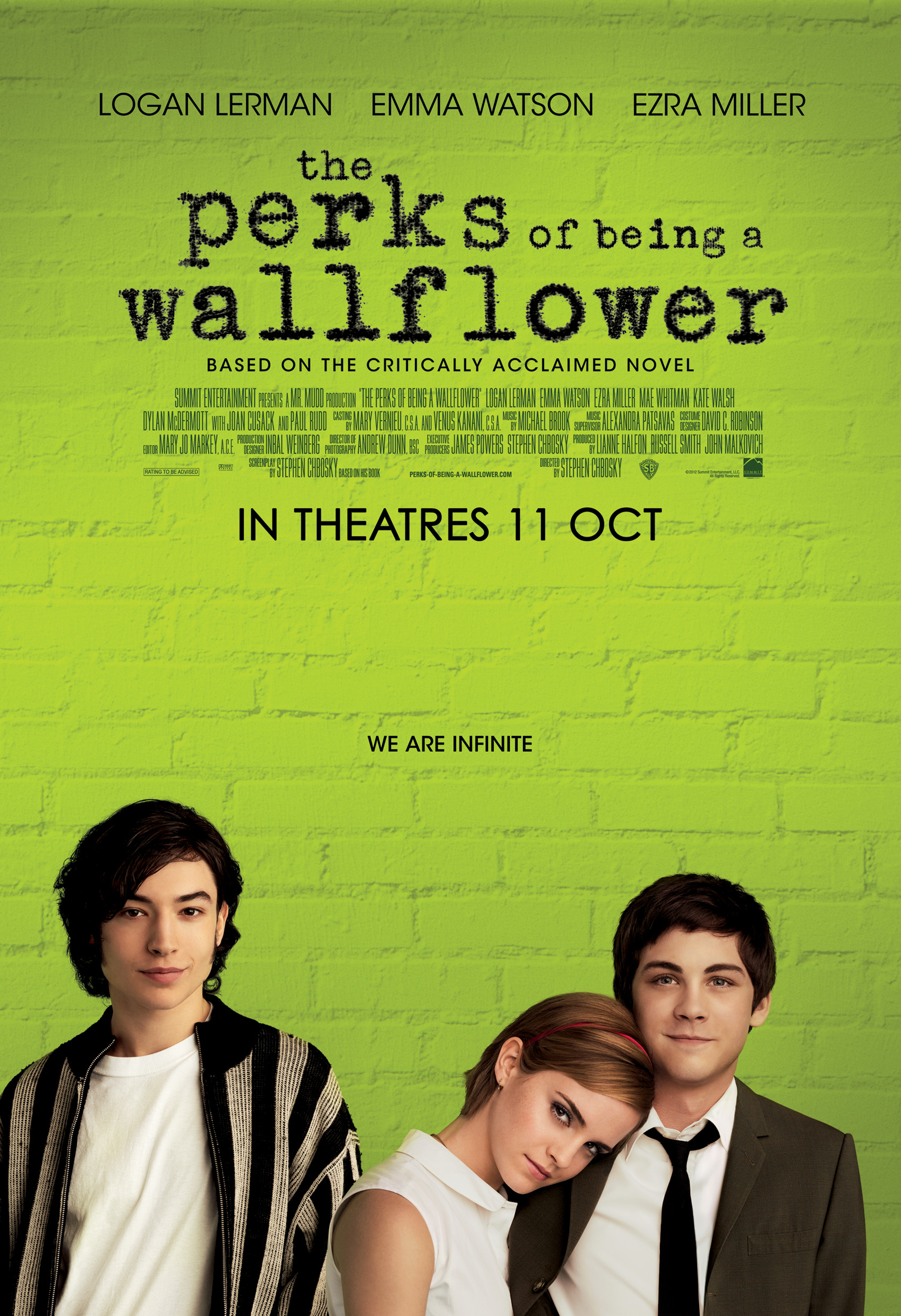

Maybe the source of the problem isn’t really Hollywood? Maybe the lack of parts for people of ‘middle years’ and upwards simply reflects the values of society at large? It might be that we have a general problem with ageism and that all that Hollywood is doing is reflecting our own values back to us.